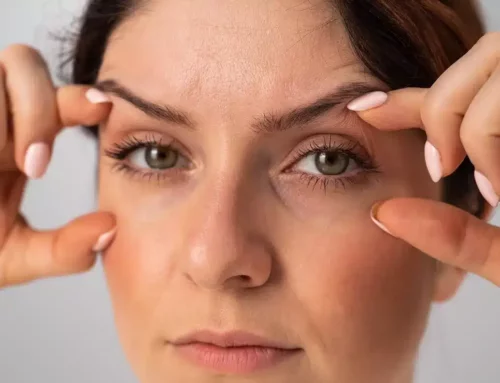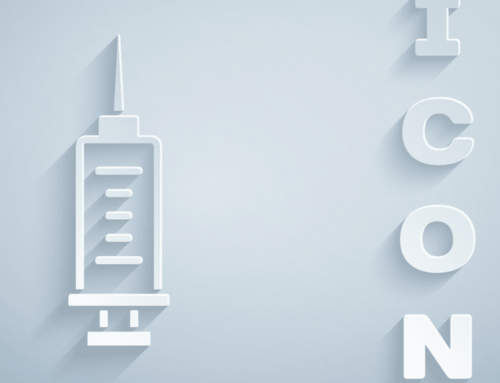
Following a meeting of a committee of experts concerning the use of PIP implants inbreast augmentation, French Health Minister Xavier Bertrand has decided to propose a systematic exchange of these implants to all patients, whether they have ruptured or not.
I fully agree with this decision, and I'd like to explain why:
There have been serious shortcomings in the manufacturing quality control criteria for the PIP breast implant shell. This envelope normally comprises 3 layers of silicone elastomer, including a barrier layer to limit silicone gel seepage through the prosthesis envelope. It seems that the PIP laboratories removed this barrier layer and did not control the manufacturing and resistance qualities of the envelopes. This has resulted in an abnormally high rupture rate of the prostheses, estimated at between 15% and 30% at 5 years, compared with less than 3% for valid implants.
- These ruptures are all the more worrying given that the silicone gel used to fill PIP breast implants was an industrial, non-medical gel. This gel does not have the cohesive qualities of today's medical gels, which means that despite a rupture of the envelope, the gel remains stable and does not diffuse into the body. Worrying cases of "siliconomas", i.e. diffusion of liquid silicone into the body (in axillary lymph nodes, between ribs, in the back, etc.) have been described.
The surgical treatment of these "siliconomas" is extremely complex and can leave patients with serious after-effects.
- However, there is no evidence that patients with PIP breast implants are at greater risk of breast cancer or lymphoma.
It is therefore the risk of "siliconomas" and their after-effects that motivates this decision.
The benefit-risk balance is largely in favor of a 30-minute, pain-free surgery with no after-effects if the implant is intact, versus a 2 to 3-hour surgery with possible after-effects if the implant is ruptured.
The question of financial support is also crucial.
Health insurance will be making a considerable financial effort to deal with this health crisis.
It will cover the full cost of implant exchange surgery for women whose implants were initially reimbursed (breast cancer, complete breast aplasia, asymmetry).
For women whose implants have been inserted for aesthetic reasons, health insurance will cover all costs associated with removal of the prostheses.
The entire community of French plastic surgeons will be mobilizing to meet the cost of fitting new implants, so that patients can be treated at the lowest possible cost and as quickly as possible.
Private surgeons will be adjusting their fees, particularly if they have operated on patients who were victims.
For women in great financial difficulty, dedicated operating theatres will be set up in public hospitals to carry out these changes (notably at the Georges Pompidou European Hospital in Paris, where I work part-time).
A special number has been set up to guide patients: 0800 636 636
For more practical information, please consult the DGS report on the ANSM website.




